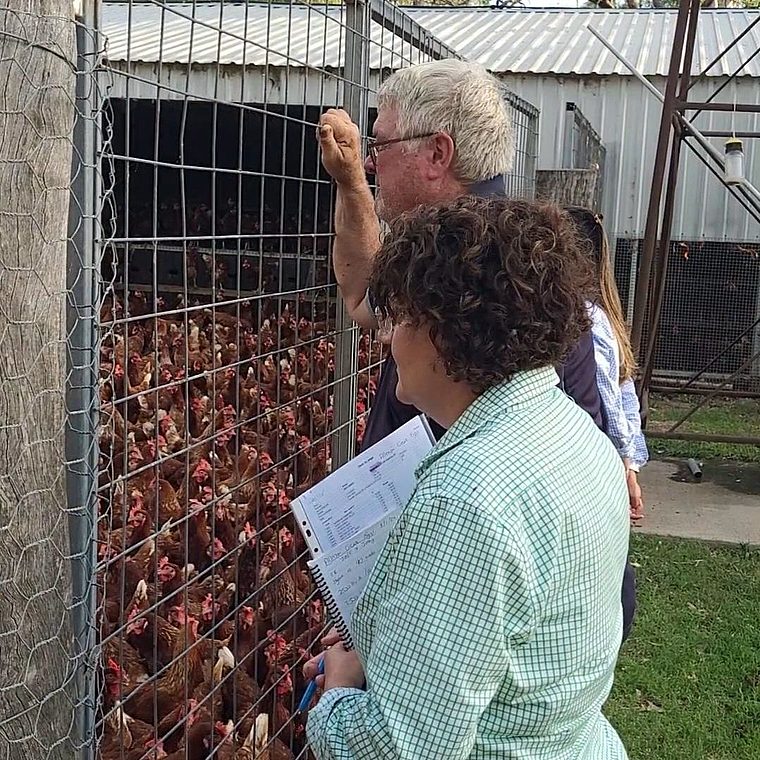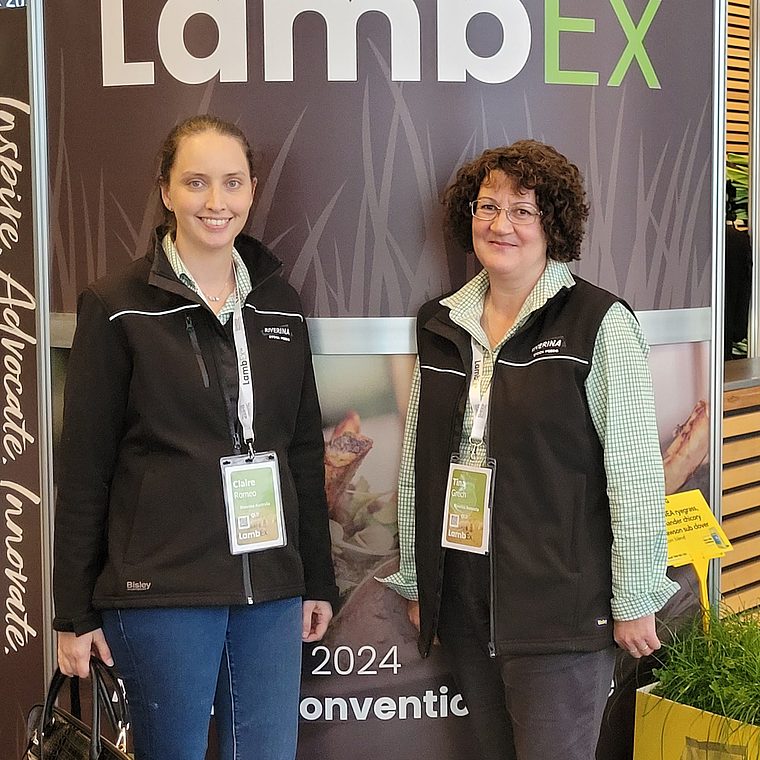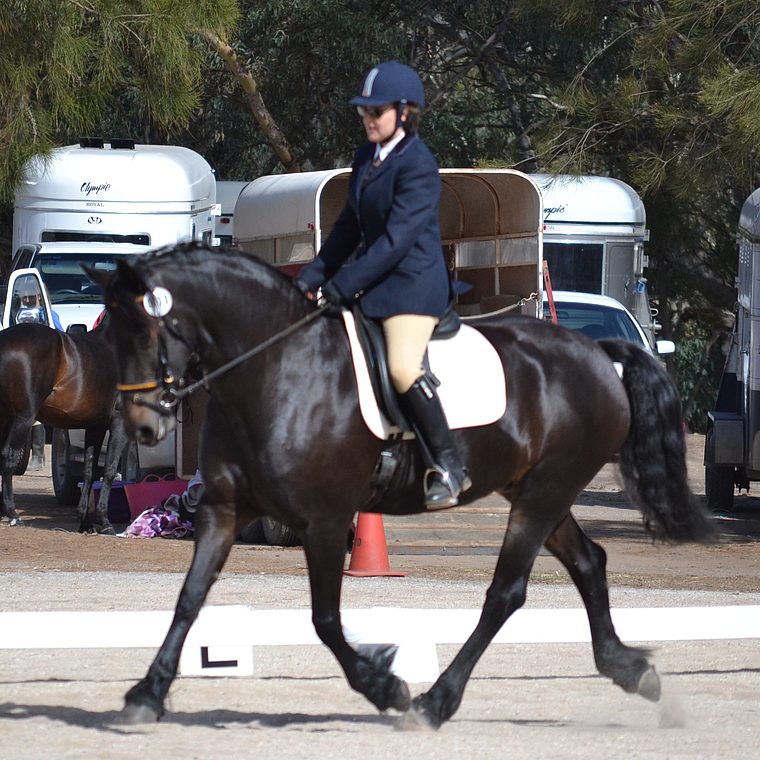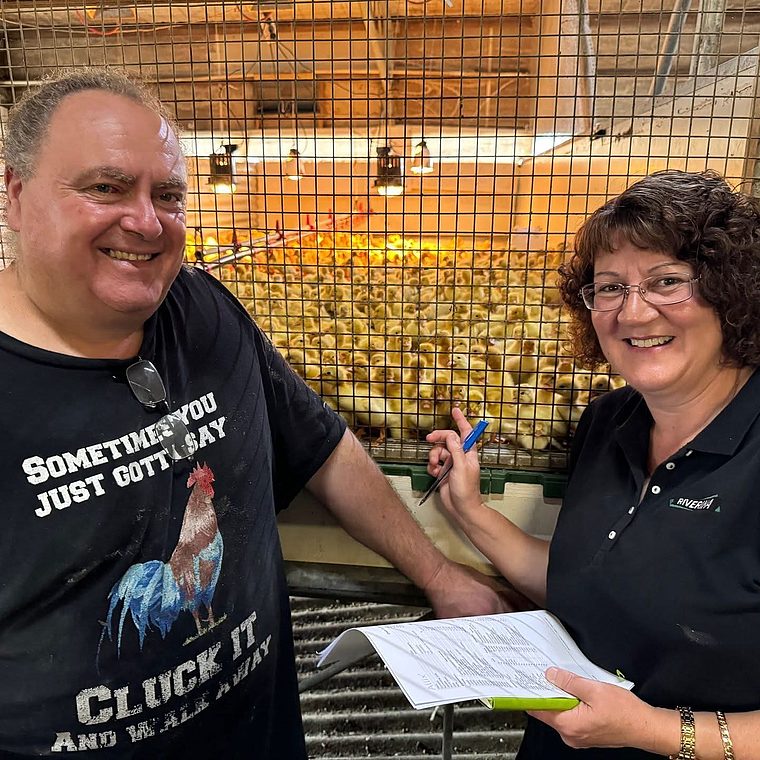This month, we had the opportunity to catch up with our Senior Nutritionist Tina Grech, whose 20+ years of experience in monogastric livestock nutrition makes her an invaluable part of our team.
With a career spanning across the animal nutrition landscape, Tina is passionate about delivering practical, results-driven solutions to livestock producers to get the most out of their animals. Join us as we delve into Tina’s journey, her insights into pig and poultry nutrition, and the advice she has for producers looking to improve animal performance through smarter feeding strategies.
Can you tell me your background in Ag?
I have always enjoyed a rural lifestyle and loved animals from a young age, so it was no surprise to my family and friends that I enrolled in a Bachelor of Agricultural Science after completing high school. I particularly enjoyed subjects involving intensive livestock production, physiology & nutrition, and consequently focused my studies in these areas. While I was studying, I also worked part-time on a Broiler Breeder farm for a large poultry integrator, which gave me a great insight into the practical aspects of livestock farming.
How did you get started in a career as a nutritionist?
After I graduated, I gained employment as a Technical Officer at the University of Adelaide’s Pig, Poultry and Feedmill facilities. One of my roles was liaising with our consultant nutritionist Tony Edwards and he mentioned there was an opening for a graduate nutritionist position at a local premix manufacturer. I was fortunate enough to secure this position and also learn from experienced Nutritionists like Tony and Sally Tritton.









 Beef
Beef
 Dairy
Dairy
 Sheep
Sheep
 Horse
Horse
 Pig
Pig
 Goat
Goat
 Poultry
Poultry
 Bird
Bird
 Dog
Dog
 Special
Special
 Feed Materials
Feed Materials